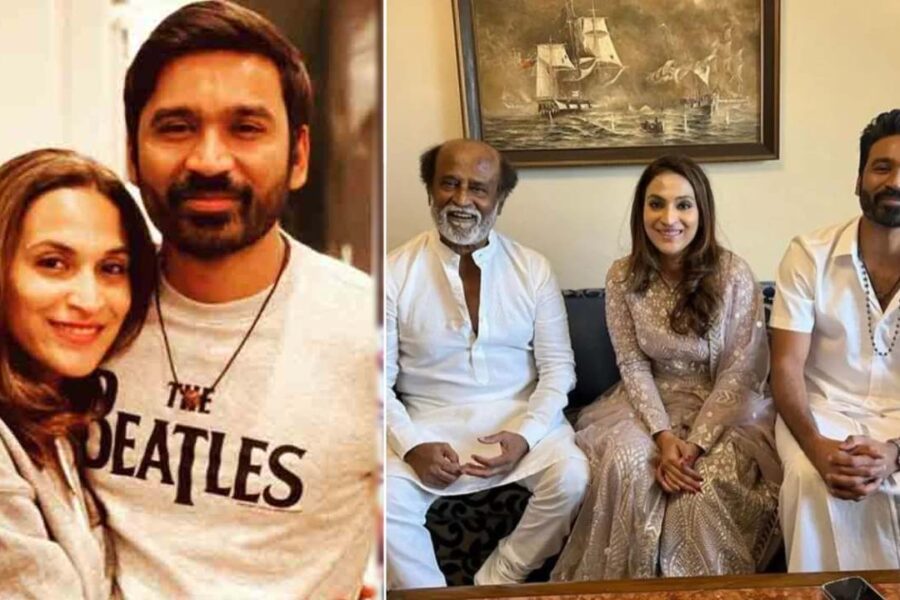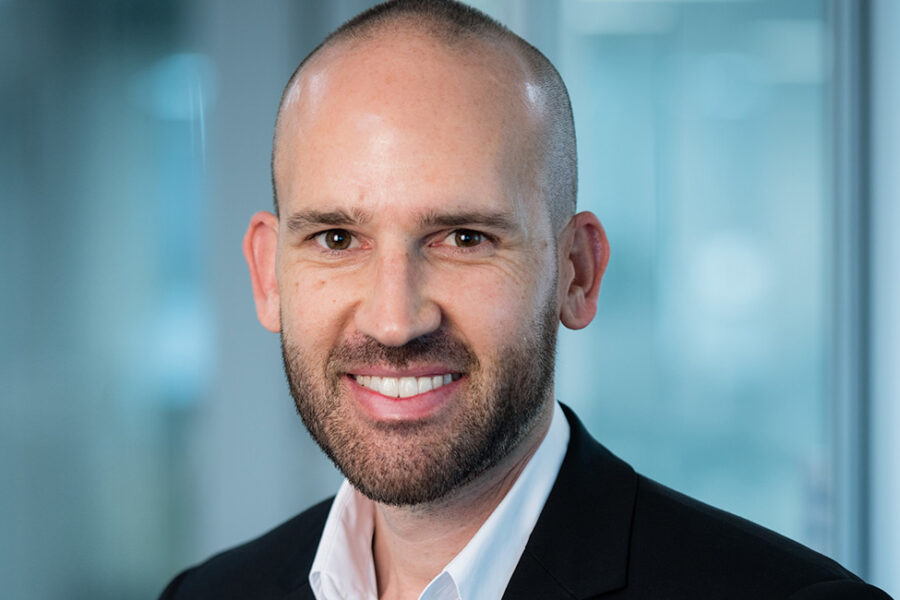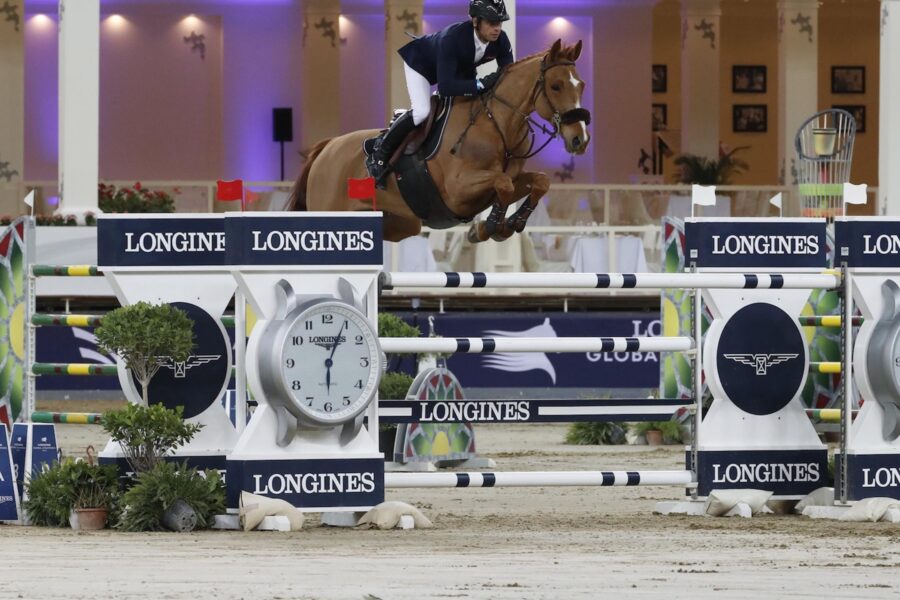If you believe you can discover yourself through dance, Mee Raqsam sounds like a simple affair. In the face of an intolerant and divisive discourse in our country, comes a film which aims to heal broken hearts. The two words mean ‘I Dance’ in Persian and showcase the strength of a father-daughter relationship amidst the fundamentalists’ opposition to dance. But through this dilemma to learn dance in a small village, the film revisits the soul of India which is built on a composite culture of peace and communal harmony.

Miraculously Mee Raqsam does all that and more, without being preachy about it.
The humble tailor, the supportive father is played by well-known theatre actor Danish Hussain. He is winning hearts with his effortless portrayal of a Muslim man who wants to live life on his own terms with a simple wish to keep his daughter happy while she learns Bharatnatyam.
“Our response to all arguments is through Salim’s (his character) temperament. With certain dignity and grace, we stand by our belief and we won’t be aggressive. And this sensibility comes from our elders – like Kaifi, Sahir, Faiz, Rahi Masoom Raza – who never attacked the dignity of their opponents. The film in itself is as close to that spirit,” says Danish.
Set in the tiny village of Mijwan in Uttar Pradesh, the film is a tribute to the great poet Kaifi Azmi and his hometown by his children Shabana Azmi and Baba Azmi.
Legendary actor Shabana Azmi, who is also the Producer of MeeRaqsam says, “It encapsulates all values held dear to my father. Not just the father-daughter relationship, which I also shared with my father. Apart from that, the celebration of India’s pluralism, the respectful worker, fighting against religious fundamentalism, fighting patriarchy. The intention of Mee Raqsam is not to divide but to unite. So the fundamentalists of both religions are on one side against the tolerant and inclusive. Are we on the liberal inclusive side or are we on the divisive obscurantist side?”
And this is where the film addresses fundamentalism from all quarters. Much to the dislike of the Hindu patron of the dance academy, the finale piece of Bharatnatyam is performed on a Sufi song. The daughter and dancer Maryam is played by Aditi Subedi who brings along the freshness of a 16-year-old who never faced the camera before and yet understood both the workings of cinema and the nuances of this script. Belonging to the same village of Mijwan herself, she could well be this year’s big discovery.
“I share a similar relationship with my parents of being supportive in realising my dreams. But some people from my extended family did try to dissuade my parents from having me act. So it was a bit similar to the circumstances of the film,” says Aditi.
Unlike his sister, Baba Azmi’s film career has been of an acclaimed cinematographer in commercial hits of yesteryear films such as Tezaab, Beta, Mr India, to name a few. Interestingly, for his own directorial venture, he decided to make something closer to real life.
“Many years ago my father had asked me if it was possible to make a film in his village. I always wondered how can it be possible because Mijwan didn’t even have roads at that time. But somehow, his dream stayed with me, and I felt I should fulfil it in his centenary year. The biggest challenge was to find a place to stay for my crew of 70-80 people as this village has no hotels or lodges. We finally found an empty building. After that, everything else worked out organically,” said Baba, who debuts as director with Mee Raqsam.
Fresh with the success of an OTT release, the film seems to be dancing its way to the festival circuit. It will screen on the opening night of the Coalition of South Asian Film Festivals (CoSAFF) a first-of-its-kind virtual event, as well as the Indian Film Festival of Ireland in Dublin.






